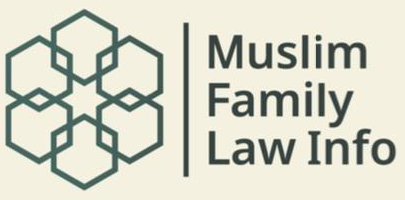Legal Divorce FAQs
69. How are pensions affected by a divorce?
A pension can be one of your largest and most valuable assets, so it is important to take any pensions into account when making a financial settlement at the time of a divorce. You may be entitled to a share of your spouse’s pension as part of a financial settlement upon divorce.
You can get advice from a mediator, solicitor, or financial adviser. If you cannot agree how to share pension assets, you can apply to a court for an arrangement to be made, such as a ‘pension sharing order’.
www.citizensadvice.org.uk/debt-and-money/financial-advice/getting-financial-advice/
The aim is to reach pension equality between the spouses.
70. How can a pension be divided upon divorce?
There are three main ways pension assets can be divided:
- Pension Offsetting – This is where one spouse’s pension is offset against another assets, such as the former marital home. The spouse may retain their full pension in exchange for a smaller share of the house. This kind of division may appear to give a simple solution and a ‘clean break’, but it may not be ideal for the spouse with little or no pension provision and they will need to understand how they will have an income in their retirement.
- Pension Attachment – This is where, upon retirement a spouse gives a percentage of their pension to their ex-spouse. This means that there is no ‘clean break’ and the receiving spouse has to wait until their ex-spouse who is a member of a pension scheme retires. Payments will also stop if the scheme member dies or if the receiving ex-spouse remarries.
- Pension Sharing – this is where a percentage of one spouse’s pension scheme fund is transferred into a new or existing pension for the other spouse. The court can issue a pension sharing order and this will offer a ‘clean break’ solution to the divorcing couple.













